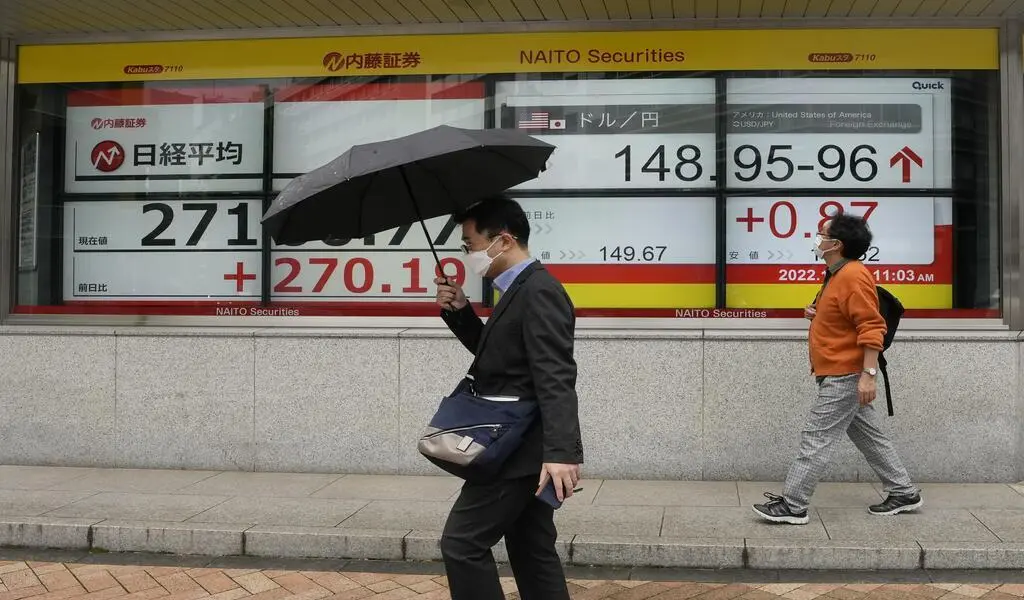(CTN News) – In the midst of geopolitical tensions, persistent inflation, and the echoes of a tumultuous 2023, the global economy is facing headwinds that threaten to slow down its remarkable resilience.
The Organization for Economic Cooperation and Development (OECD) recently unveiled its projections for 2024, painting a picture of a world grappling with challenges that could impede growth.
In this blog, we’ll delve into the key factors shaping this economic landscape and explore the potential implications.
A Slowing Global Growth
The OECD’s forecast indicates a slowdown in international growth, with expectations dropping from an estimated 2.9% in 2023 to 2.7% in 2024. This would mark the slowest calendar-year growth since the pandemic year of 2020.
Despite the less optimistic outlook, the OECD remains cautiously optimistic, projecting that recessions will be avoided in most regions.
US and China: Engines of the Global Economy Decelerate
Two economic powerhouses, the United States and China, are expected to play pivotal roles in the global slowdown. The U.S. economy is forecasted to expand by just 1.5% in 2024, a notable drop from the 2.4% growth anticipated in 2023.
The Federal Reserve’s series of interest rate increases since March 2022 are cited as a primary factor restraining growth. These higher rates, aimed at curbing inflation, have made borrowing more expensive for consumers and businesses.
China, facing challenges like a real estate crisis, rising unemployment, and slowing exports, is expected to see its economy expand by 4.7% in 2024, down from 5.2% in the previous year.
Factors such as increased precautionary savings and heightened uncertainty contribute to the subdued consumption growth in the country.
European Union Struggles Amidst Challenges
The 20 countries in the European Union that share the euro currency are grappling with their own set of challenges. Heightened interest rates and the surge in energy prices following Russia’s invasion of Ukraine have impacted the eurozone.
The OECD predicts a collective growth of 0.9% for the eurozone in 2024, a marginal improvement from the predicted 0.6% growth in 2023.
OECD Chief Economist Clare Lombardelli emphasizes a stronger outlook for the U.S. but highlights a weaker outlook for Europe. The impact of energy price spikes and geopolitical tensions, particularly the Israel-Hamas conflict, is a cause for concern.
The OECD warns of potential disruptions to energy markets and major trade routes if the conflict were to escalate.
Conclusion
As we approach 2024, the global economy stands at a crossroads. The challenges outlined by the OECD underscore the need for vigilance and strategic economic management.
While recessions are projected to be avoided, the specter of persistent high inflation and geopolitical uncertainties looms large.
The coming year will undoubtedly test the resilience of nations and their ability to navigate through economic turbulence.








